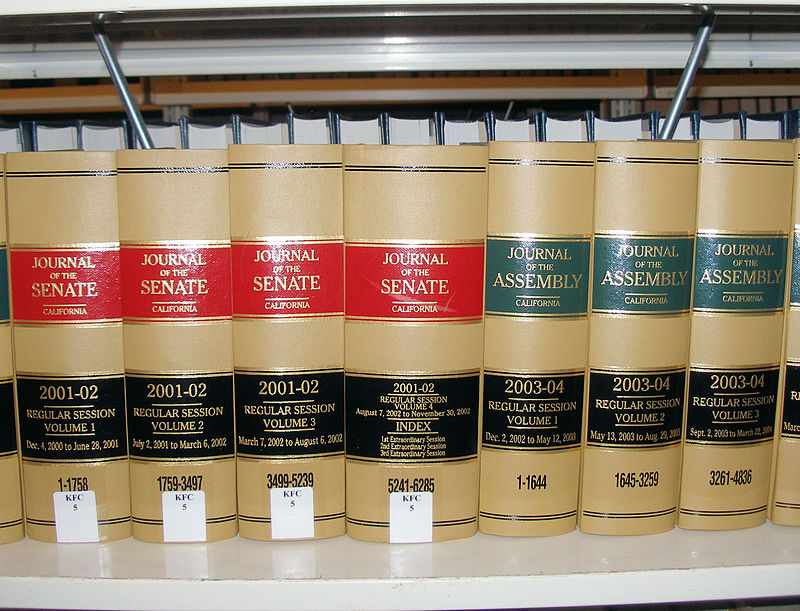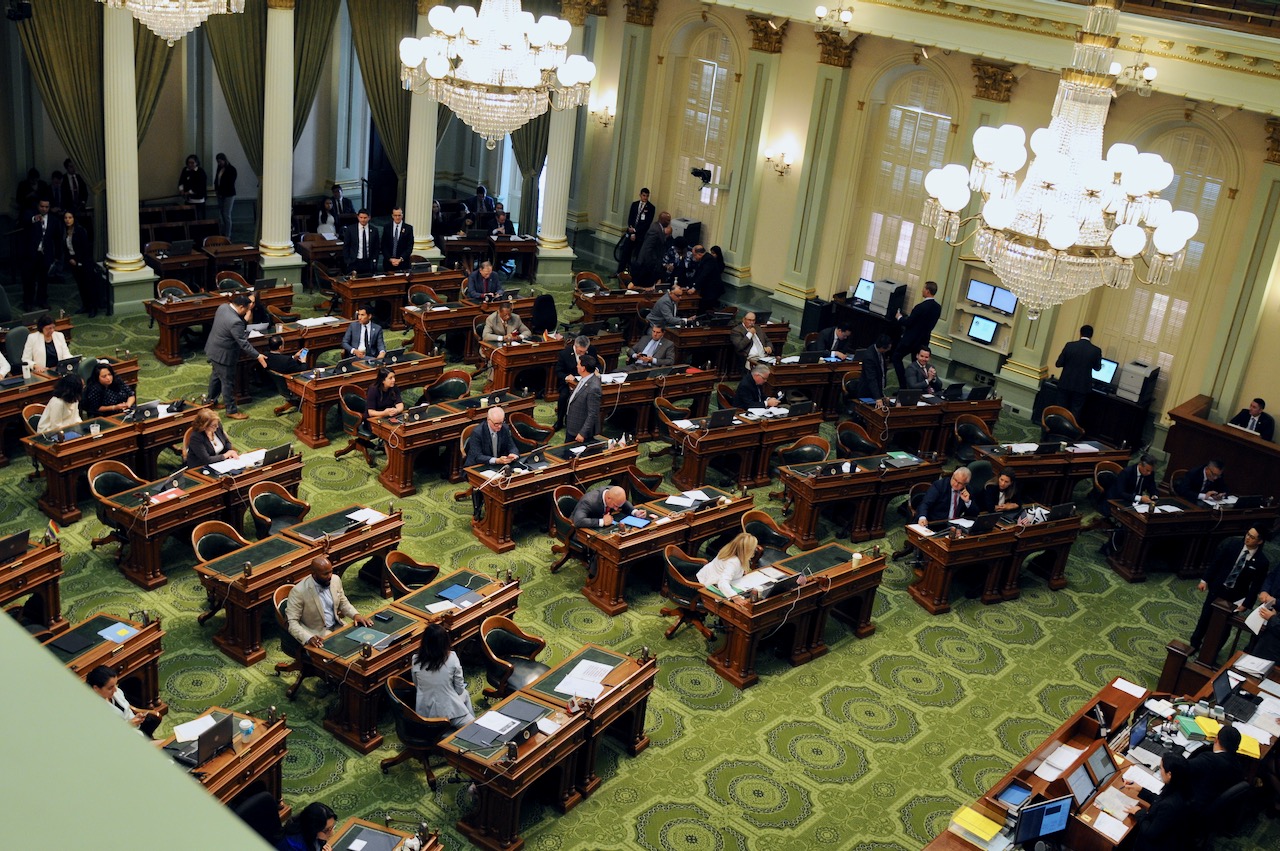
Punctuation. (Photo: Amazon.com)
Punctuation in California Legislation
In many jurisdictions, there are ‘style manuals’
By Chris Micheli, October 31, 2020 8:13 am
Are there rules of punctuation when drafting legislation? As a general rule, the answer is no because general rules of English grammar, including punctuation, usually apply to legislative drafting. However, there are some instances when special rules do apply, including capitalization of certain words. Let’s take a look at some of these rules for purposes of drafting California legislation.
Neither the California Constitution nor any California statute deals with punctuation for purposes of drafting legislation or interpreting a law in this state. On the other hand, there are a number of states that have laws concerning the weight to be given punctuation in statutory interpretation, including Pennsylvania, Minnesota, and Texas. Those three states have the same provision in code: “In no case shall the punctuation of a law control or affect the intention of the Legislature in the enactment thereof.”
Judges on occasion use punctuation to support their construction of a statute, while other have disregarded punctuation because the legislative sentence may provide a better indication of the statute’s meaning. Proper punctuation helps the reader make his or her way through the statutory language and facilities a proper understanding.
Do legislative drafters use punctuation in a different manner than other legal writers? In most jurisdictions, there are no special rules of punctuation for legislation. Proper legislative drafting requires punctuation to follow general standards for all legal writing. Of course, there are some rules related to punctuation and bill drafting. For example, certain punctuation marks such as question marks or exclamation marks are not used.
In the Graduate Diploma for Legislative Drafting courses at Athabasca University in Alberta, Canada, they offer a number of points related to punctuation in legislation. For example, drafters should apply standard rules of punctuation, as a means to clarify sentence structure, and the sentence’s components. In addition, bill drafter should only use punctuation when it serves as identifiable purposes. Unnecessary and excessive punctuation are viewed as an obstruction to communication.
What are some examples? A colon should be used at the end of a phrase in order to introduce a series of propositions, also like an introduction, such as a phrase that ends with “as follows” or a series of subsections or numbered items are set forth. A semi-colon should be used within a legislative sentence in order to separate text that deals with closely-related, but distinct, text. However, many legislative drafters prefer to use a conjunction, rather than a semi-colon.
When it comes to the comma, Athabasca University calls it “the most difficult and misused punctuation mark. Its effect is to cause the reader to pause.” As a general rule, the comma should be used at the end of a complete cause, or a self-contained phrase, in a legislative sentence. The comma is often used after an introductory phrase; in order to divide a compound sentence; to separate items in a series; or, to help facilitate understanding, such as indicating completion of a phrase in a long sentence.
Quotation marks are most often used when defining terms in a legislative sentence, such as in a definitions section of a statute. In terms of an apostrophe, that punctuation mark is most often used with contracted words. However, contractions are not used in legislative drafting. On occasion, the apostrophe is found in legislative sentences when possession is shown, such as the “an insured’s vehicle.” Nonetheless, legislative drafters do not use them too often, instead choosing to use “of the,” such as “the vehicle of the insured.”
Turning to capitalization, the use of upper-case letters generally follows the standard rules of grammar. For example, the first word of every sentence is capitalized, and the days of the week and months of the year are capitalized. For legislative drafting, there are some rules to be aware of, such as capitalizing words that refer to legislation, such as “Act,” “Part,” a bill’s short title, etc.
In many instances, legislative terms such as clause, paragraph, or section are not capitalized. Also, words that describe a general class begin with a lower-case letter, such as directors, officers, judges, or employees.
While many standards of English grammar applicable to other forms of writing also apply to legislative drafting, there are several unique rules that legislative drafters need to be aware of when writing sentences in legislation. In many jurisdictions, there are “style manuals” or other directives on their preferred use of punctuation in drafting legislation.
- Committee Versus Floor Lobbying - March 1, 2026
- Fishing Traps in California - March 1, 2026
- What Type of Lobbyist Do You Want to Be? - February 28, 2026





Very interesting, although there is no mention of the Oxford comma.
Because it does, not exist.